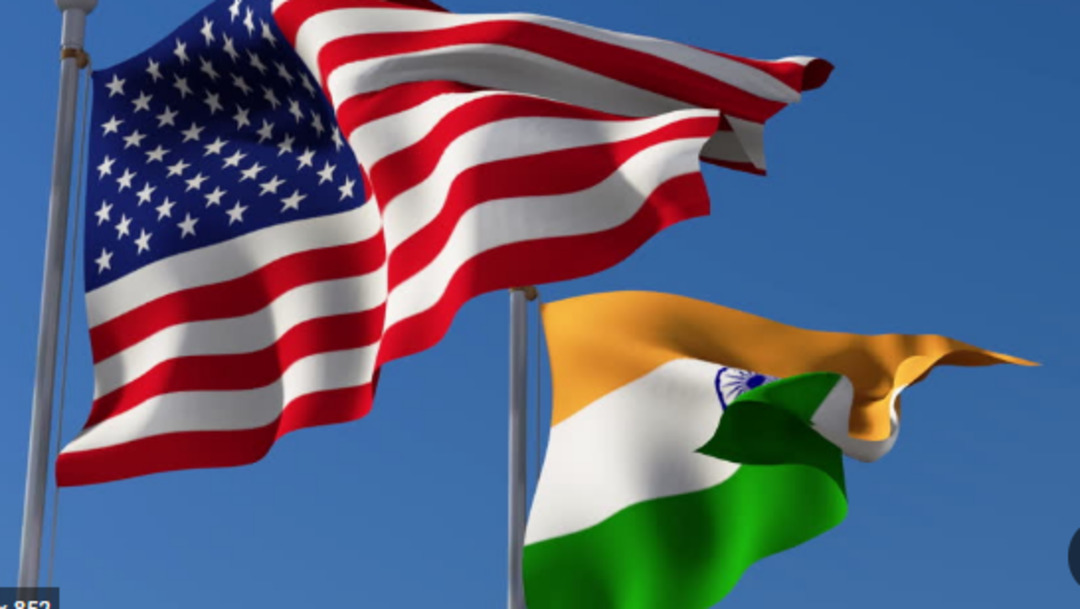-
The U.S.–India Crisis

The United States has issued a decision to impose a 25% tariff, along with additional penalties, on Indian exports to the U.S., effective August 1, 2025.
The stated reasons behind this move include: India’s continued importation of 45% of its oil needs from Russia, its strong economic ties with Iran, and its role as a key member of the BRICS alliance, which seeks to end the dominance of the U.S. dollar in the global economy.
This development comes just days after the U.S. pressured the European Union into accepting a 15% customs tax on its exports to the U.S., while U.S. exports to Europe remain almost entirely exempt from tariffs.
India’s initial response was not political confrontation. Instead, the Indian government opted for quiet diplomatic engagement, avoiding any action that might provoke the notoriously combative Donald Trump. As a subtle expression of dissatisfaction, India refrained from placing a long-anticipated order for F-35 fighter jets.
However, a more impactful response came indirectly: an announcement of large-scale naval exercises involving Russia and China near Vladivostok—a location of major strategic sensitivity to the United States.
So far, Russia has offered clear support for India in the face of the American decision. Even China, India’s adversary-turned-reluctant-partner, is expected to lend moderate support, given both nations’ membership in the BRICS bloc.
Will India submit to American pressure, or will it reject it outright?
Both options are difficult. Compliance would essentially reduce India from a global power to an international laughingstock. But full rejection could prompt Trump to escalate tensions further—much as he did successfully with the EU. Indeed, the U.S. administration has already signaled its next move: offering support to Pakistan in developing its oil fields.
Among the alternative scenarios India might consider is a high-stakes threat to reconsider the India–Middle East–Europe Corridor (IMEC) project. However, such a move would require deep strategic alignment with China, transcending their major disputes. That raises the question: can Russia, or does it even desire to, mediate between these two quarrelsome neighbors?
What is certain is that the coming days will be filled with dramatic developments in this highly sensitive geopolitical file.
By Moatasem Al-Harith Al-Dhawi
You May Also Like
Popular Posts
Caricature
opinion
Report
ads
Newsletter
Subscribe to our mailing list to get the new updates!






















